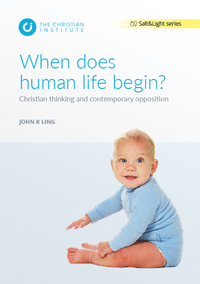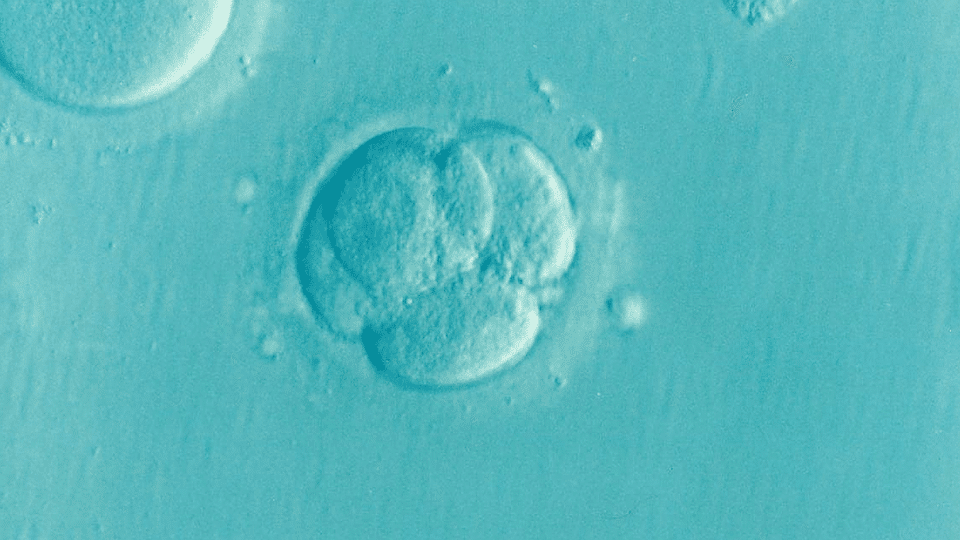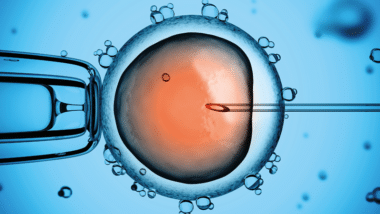Activist researchers are calling for much easier access to human embryos in order to pursue controversial experiments.
Professor Kathy Niakan, Professor of Reproductive Physiology at the University of Cambridge, told delegates at an embryo research conference that ‘unused’ fertilised eggs from IVF should be stored for scientists to use.
The Human Fertilisation and Embryology Authority (HFEA) is proposing a change in the law that would only require “broader generic consent” from IVF patients for their embryos to be experimented on by scientists.
Donations falling
The process of IVF, or in vitro fertilisation, usually involves removing multiple eggs from a woman’s ovaries which are then fertilised with sperm in a laboratory.
One or more fertilised eggs, or embryos, are selected to be implanted in the woman’s womb to develop.
According to figures obtained by The Guardian, the number of IVF created human embryos given up for scientific research fell from 17,925 in 2004 to 675 in 2019.
Wasted ‘resource’
Under existing legislation, patients must give written consent to donate their embryos for research, and can only do so if their clinic has a link with a scientific project.
Allowing for broader generic consent to research would enable patients to donate to a research bank to store embryos, whether or not their clinic is currently linked to any research projects itself. The research embryo bank could then allocate the stored embryos to a suitable research project(s) when needed
HFEA proposal
Speaking to the newspaper, Prof Niakan complained: “There are tens of thousands of good quality embryos that are no longer needed by patients which could be incredibly valuable for research”.
Fellow lobbyist Sarah Norcross, Director of the Progress Educational Trust, described the current protections as a ‘scandalous waste’ of “this precious resource”.
‘Backstop’
In November, the HFEA announced a raft of recommendations seeking to remove a number of the existing restrictions on embryo research in pursuit of ‘scientific innovations’ for new treatments.
The watchdog argues that the time has come for the Government to give it “a wider and more effective range of regulatory tools”.
However, in an earlier HFEA consultation, 80 per cent of responses from the general public opposed the Authority’s key plans.
Responding to the consultation, The Christian Institute said experimenting on human embryos “is wrong and should not be done at all”, but acknowledged the current limitations are “an important backstop against abuse”.
Christian thinking and contemporary opposition
John R Ling
When does human life begin? It is a fundamental and decisive question because your answer reveals your understanding of the nature and status of the human embryo. It also shapes your stance on the big bioethical issues of the day such as abortion, cloning and embryonic stem cell research. There are many voices sowing confusion, but the Bible is unmistakably clear that human life begins at conception. In this booklet, John Ling provides a wide-ranging explanation of biblical truth, the historical Christian perspective and evidence from modern science to support this position.



